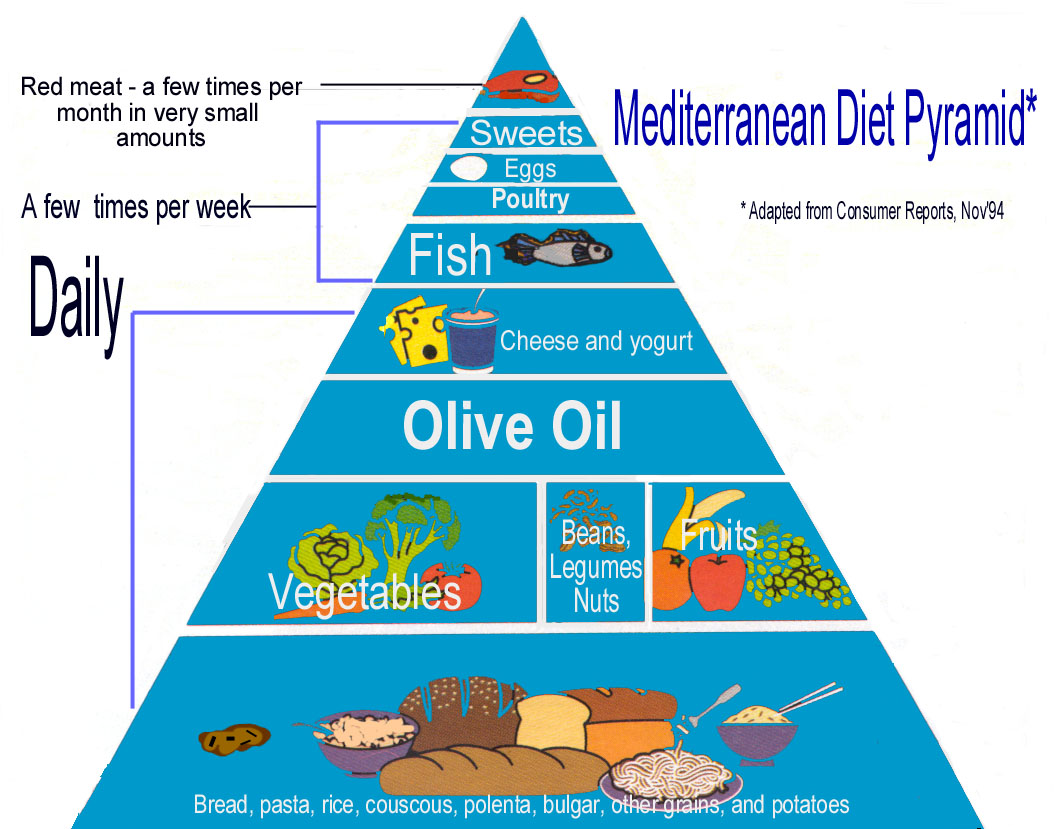When patients want to make a change in their body composition our hearts at SPACE sing! Ross today helped an athlete who wants to shift from 15% body fat to between 8-12%, and this change in training by increasing fatburner type of exercise after conditioning sessions was met positively, as was the discussion surrounding lifestyle & especially diet.
The walk home past a local chip shop revealed 4 teenagers in school blazers munching from chip boxes which caused a more familiar form of 'heart sink' as I passed.
 A change in diet has been acknowledged to have a host of health benefits, as would a dose of exercise (I cannot comment on the teens' physical workouts, just a snapshot of their food intake). A recent study has backed up the physical exercise aspect, but also linked activity to an increased likelihood of participants having an enriched diet of fresh vegetables, fruit, lean proteins, whole grains & healthy monosaturated fats from olive oil & nuts with less emphasis on saturated fats & red meat.
A change in diet has been acknowledged to have a host of health benefits, as would a dose of exercise (I cannot comment on the teens' physical workouts, just a snapshot of their food intake). A recent study has backed up the physical exercise aspect, but also linked activity to an increased likelihood of participants having an enriched diet of fresh vegetables, fruit, lean proteins, whole grains & healthy monosaturated fats from olive oil & nuts with less emphasis on saturated fats & red meat.
This is very much the Mediterranean style of diet, frequently linked to lower incidence & risk of heart disease, diabetes & cancer. However a study in the Archives of Neurology Vol 69, No 2, February 2012 ( Arch Neurol. 2012;69(2):251-256) also has suggested an association with a decreased chance of damage to the small vessels of the brain.
Just under a thousand participants with a mean age of 72 had their diets studied via a food questionnaire before undergoing a MRI Scan which measured white matter hyperintensity volumes. This gives an indication of small vessel damage within the brain, and is often associated with diabetes, hypertension (high blood pressure), strokes & dementia. Whilst some damage is part of the ageing process, those participants whose diet was more related to the typical Mediterranean version demonstrated lower incidence of white matter hyperintensity volume.
More men appeared to stick to this form of diet interestingly, as well as that finding alluded to earlier that the physically active were also more likely to enjoy these type of foods.
The researchers in this Northern Manhattan study concluded that the overall diet rather than specifics within it, was of key importance, and that the ratio of monosaturated fat to saturated fat may be a key determinant to the levels of white matter hyperintensity volume.
Perhaps there's more to the olive oil salad dressing on your greens & fresh fruit platter than merely a faddy substitute for your red meat & missing out on your family bar of chocolate?
The walk home past a local chip shop revealed 4 teenagers in school blazers munching from chip boxes which caused a more familiar form of 'heart sink' as I passed.
 A change in diet has been acknowledged to have a host of health benefits, as would a dose of exercise (I cannot comment on the teens' physical workouts, just a snapshot of their food intake). A recent study has backed up the physical exercise aspect, but also linked activity to an increased likelihood of participants having an enriched diet of fresh vegetables, fruit, lean proteins, whole grains & healthy monosaturated fats from olive oil & nuts with less emphasis on saturated fats & red meat.
A change in diet has been acknowledged to have a host of health benefits, as would a dose of exercise (I cannot comment on the teens' physical workouts, just a snapshot of their food intake). A recent study has backed up the physical exercise aspect, but also linked activity to an increased likelihood of participants having an enriched diet of fresh vegetables, fruit, lean proteins, whole grains & healthy monosaturated fats from olive oil & nuts with less emphasis on saturated fats & red meat.This is very much the Mediterranean style of diet, frequently linked to lower incidence & risk of heart disease, diabetes & cancer. However a study in the Archives of Neurology Vol 69, No 2, February 2012 ( Arch Neurol. 2012;69(2):251-256) also has suggested an association with a decreased chance of damage to the small vessels of the brain.
Just under a thousand participants with a mean age of 72 had their diets studied via a food questionnaire before undergoing a MRI Scan which measured white matter hyperintensity volumes. This gives an indication of small vessel damage within the brain, and is often associated with diabetes, hypertension (high blood pressure), strokes & dementia. Whilst some damage is part of the ageing process, those participants whose diet was more related to the typical Mediterranean version demonstrated lower incidence of white matter hyperintensity volume.
 |
| from Womens' Heart Foundation womensheart.org |
The researchers in this Northern Manhattan study concluded that the overall diet rather than specifics within it, was of key importance, and that the ratio of monosaturated fat to saturated fat may be a key determinant to the levels of white matter hyperintensity volume.
Perhaps there's more to the olive oil salad dressing on your greens & fresh fruit platter than merely a faddy substitute for your red meat & missing out on your family bar of chocolate?

Your weight is a balancing act, and calories are part of that equation. Once you understand that equation, you're ready to set your weight-loss goals and make a plan for reaching them. Diet clinic helps you to catch your goal.
ReplyDeletediet clinics